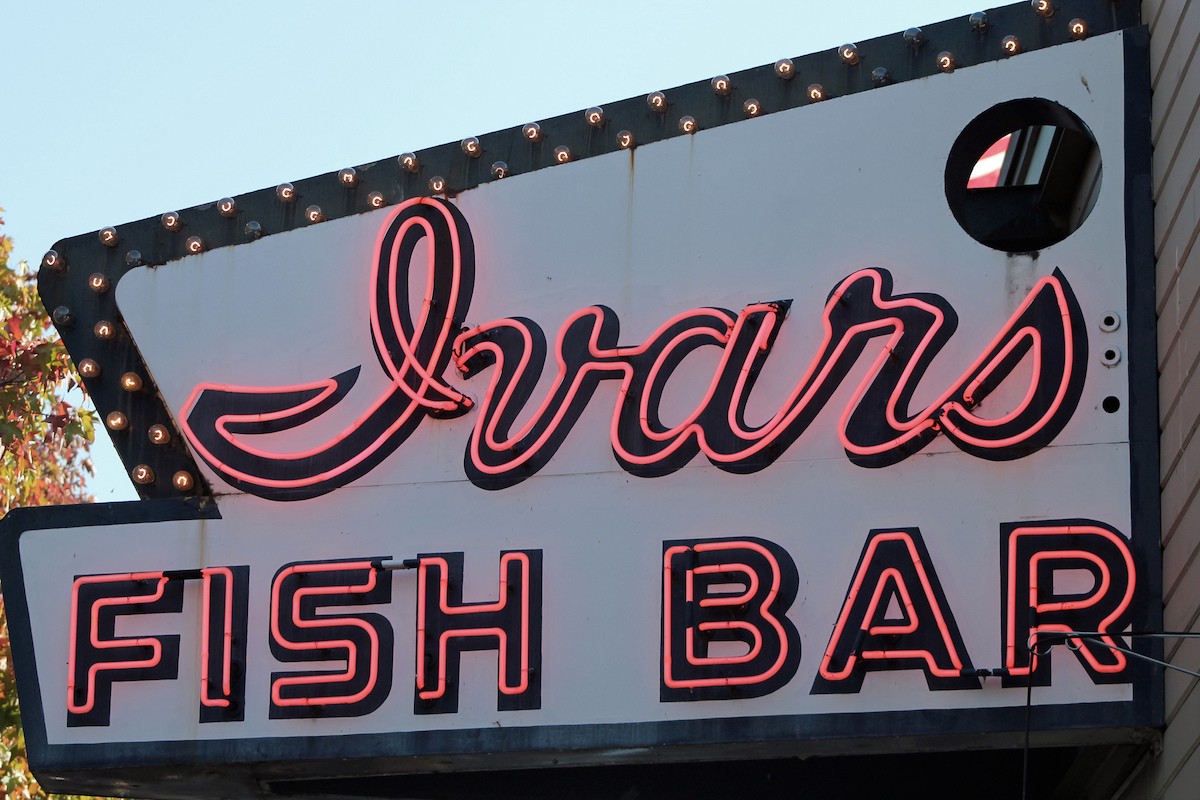Can We End Tipping Culture?

Josh Michtom wrote in his column yesterday that those who work in food service often rely on customer tips to make up for the fact that they’re not earning a living wage. This system is inherently flawed, and tipping is our Band-Aid.
A large portion of food service workers are employed in fast food positions, which has driven much of the job growth in recent years and pay notoriously low wages. The workers in these jobs are also not in a position to receive tips. Proposals to increase the minimum wage have been popping up in cities all across the country, spurred in part by this and wage stagnation and inflation.
In cities where the minimum wage has been successfully raised, restaurants are increasingly considering abolishing tips altogether. Patricia Cohen at the Times:
Here in Seattle, where the first stage of a $15-an-hour minimum wage law took effect in April, Ivar’s seafood restaurants switched to an all-inclusive menu. By raising prices 21 percent and ending tipping, Bob C. Donegan, the president and co-owner, calculated he could increase everyone’s wages.
“We saw there was a fundamental inequity in our restaurants where the people who worked in the kitchen were paid about half as much as the people who worked with customers in front of the house,” Mr. Donegan said.
But abolishing tips goes beyond wages; restaurant owners also say it makes it easier to run their businesses and eliminate discrimination:
Restaurateurs tick off a long list of reasons for being drawn to the idea. In some cities like New York, where tipping is subject to a confusing welter of federal, state and local regulations and tax laws, eliminating it would simplify bookkeeping. Managers say it would also allow them to better calibrate wages to reward employees based on the length of their service and the complexity of their jobs.
Several also cited research showing that diners tend to tip black servers less and that the system can encourage sexual harassment of women.
Still, many fear a backlash from their customers and servers.
The backlash is due to how ingrained tipping is in American culture. We know, psychologically, that paying $25 for a meal, and then leaving a $5 tip is the same as paying $30 for a meal at a restaurant that has abolished tipping, but we see the higher menu prices and balk a little (says one restaurant owner, “It’s about perception. It’s not just about the dollars you’re spending, but what you think you’re spending”). And there are many servers who make very good money at restaurants that accept tips, but those restaurants tend to be at the higher end.
And yet, those restaurants that have been able to eliminate tips are seeing good results. Take Ivar’s, the Seattle restaurant mentioned above:
Since the policy went into effect four months ago, wages have risen between $3 and $12 an hour, he said, with the lowest-paid worker earning $15 an hour. Everyone, including part-timers, has health insurance and a 401(k) retirement plan.
The only major complaint the restaurant has been getting from customers, is that even with raised prices, many customers still want to tip. They can’t help it.
Photo: Sarah Stierch
Support The Billfold
The Billfold continues to exist thanks to support from our readers. Help us continue to do our work by making a monthly pledge on Patreon or a one-time-only contribution through PayPal.
Comments